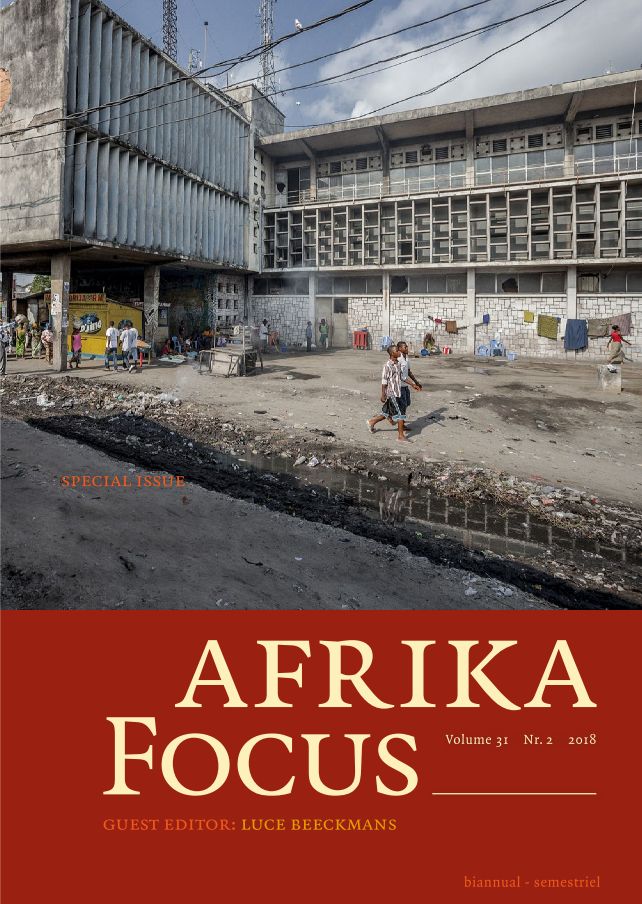Africa: A Political Economy of Continued Crisis
DOI:
https://doi.org/10.21825/af.v31i2.9915Abstract
This article deepens critique of the Africa rising trope and the policies promoted by neo liberals to promote development on the continent. It revisits the economic growth literature and it shows how the weakly formulated views about African growth are merely self serving of limited, mostly western, investment interests that remain centred on extractive economies rather than helping to promote sustainable structural transformation with added value that can be retained in Africa. There have always been periods of economic growth in Africa but opportunities for this to be sustained do not lie with greater integration with the world economy. Instead they lie with, among other things, local political and economic struggles in Africa for greater democratic control of capital accumulation. KEYWORDS: AFRICA; POVERTY; UNDERDEVELOPMENT; INDUSTRIALISATIONDownloads
Published
How to Cite
Issue
Section
License
Copyright (c) 2019 Ray Bush

This work is licensed under a Creative Commons Attribution-ShareAlike 4.0 International License.
Authors who publish with this journal agree to the following terms
Authors retain copyright and grant the journal right of first publication with the work simultaneously licensed under a Creative Commons Attribution License that allows others to share the work with an acknowledgement of the work's authorship and initial publication in this journal.
Authors are able to enter into separate, additional contractual arrangements for the non-exclusive distribution of the journal's published version of the work (e.g., post it to an institutional repository or publish it in a book), with an acknowledgement of its initial publication in this journal.
Authors are permitted and encouraged to post their work online (e.g., in institutional repositories or on their website) prior to and during the submission process, as it can lead to productive exchanges, as well as earlier and greater citation of published work (See The Effect of Open Access).


